Why are nurses and medical staff relying on battery-powered mobile medical carts in hospital environments?
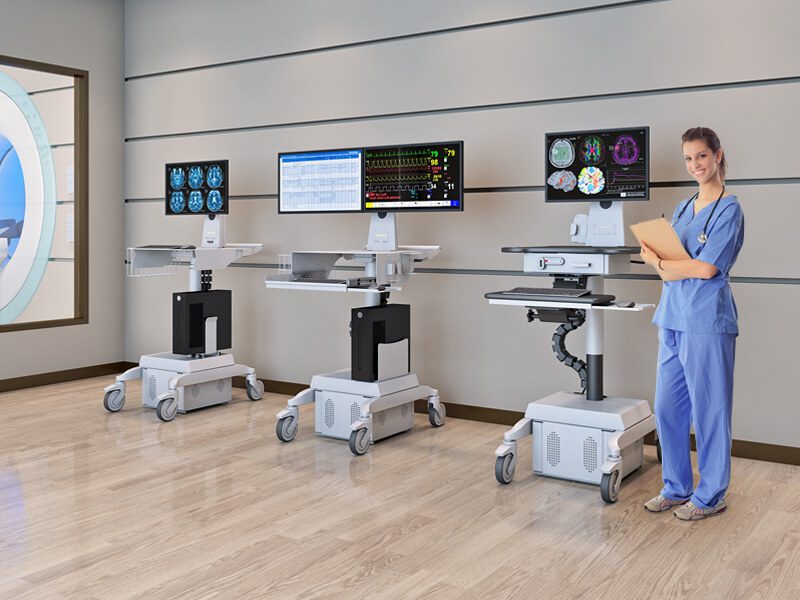
Battery-powered mobile medical cart has become increasingly popular in hospital environments for several reasons:
 Mobility and Flexibility:
Mobility and Flexibility:
Mobile medical carts allow nurses and medical staff to move essential medical equipment and devices wherever they are needed within the hospital or clinical setting. This is especially important in dynamic healthcare environments where patient needs can change rapidly.
Point-of-Care Access:
Having mobile carts equipped with necessary medical tools, devices, and patient records at the point of care improves efficiency and enhances patient care. Healthcare professionals can access information and administer treatments without having to return to a fixed workstation.
Improved Workflow and Efficiency:
Mobile carts streamline workflow by reducing the time spent traveling between patients and stationary workstations. This efficiency allows healthcare providers to spend more time with patients and less time on administrative tasks.
Integration with Electronic Health Records (EHR):
Many mobile medical carts are equipped with computers and technology that allow healthcare providers to access and update electronic health records in real-time. This integration enhances accuracy, reduces paperwork, and ensures that patient information is up-to-date.
 Power Backup and Uninterrupted Service:
Power Backup and Uninterrupted Service:
Battery-powered carts provide a reliable power source, ensuring that critical medical equipment and devices remain operational, even in the event of a power outage. This is crucial for maintaining continuous patient care and monitoring.
Enhanced Patient Interaction:
With mobile carts, healthcare providers can engage more directly with patients. They can easily share information, educate patients about their conditions, and involve them in the decision-making process.
Technology Integration:
Mobile medical carts often come equipped with advanced technologies such as barcode scanners, medication dispensing systems, and diagnostic equipment. These technologies contribute to accurate data collection, medication administration, and diagnostics.
Adaptability to Changing Healthcare Trends:
The healthcare industry is evolving, and the adoption of mobile technology aligns with the shift towards patient-centered care and the use of digital tools for improved healthcare delivery.
In summary, the adoption of battery-powered mobile medical carts in hospital environments is driven by the need for increased mobility, efficient workflows, improved patient care, and the integration of technology to enhance overall healthcare delivery.
Call us at: +1 (800) 663-3412 or E-mail us directly at: afcsales@afcindustries.com

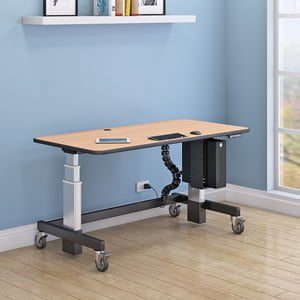
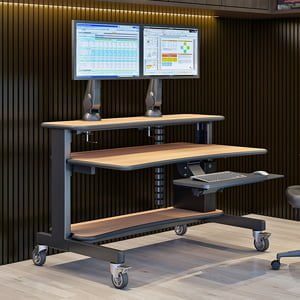
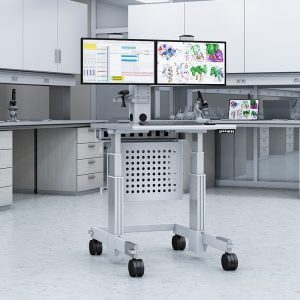

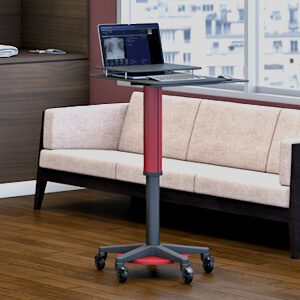
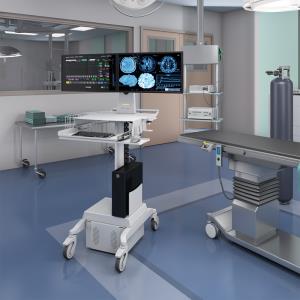
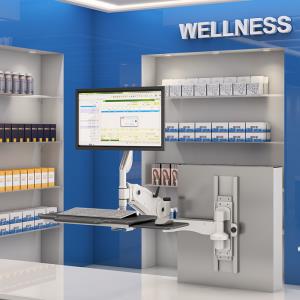
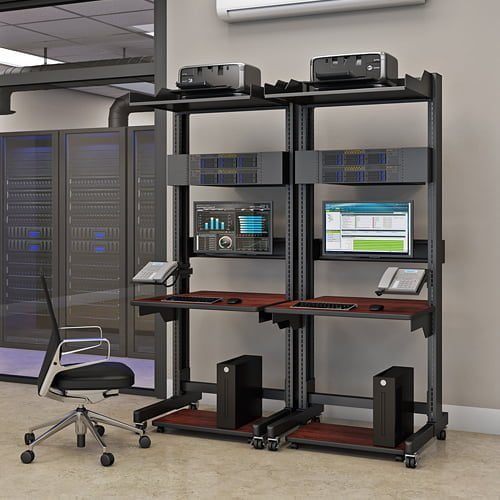

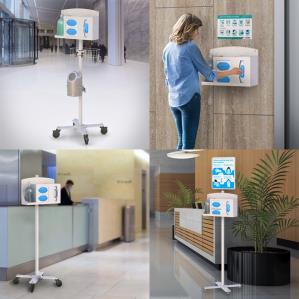
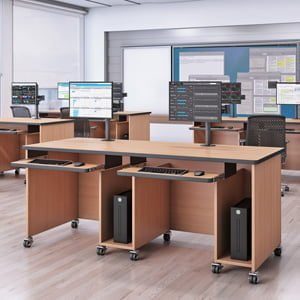
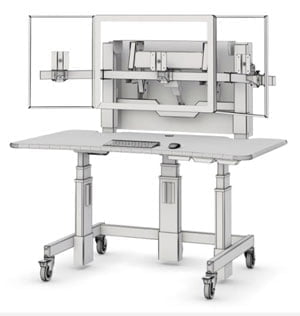
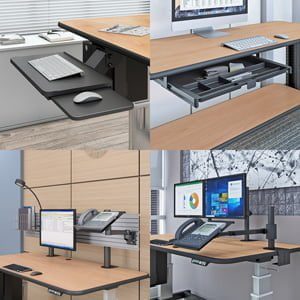
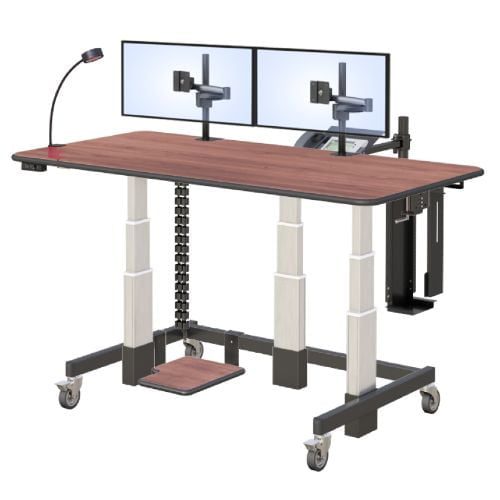
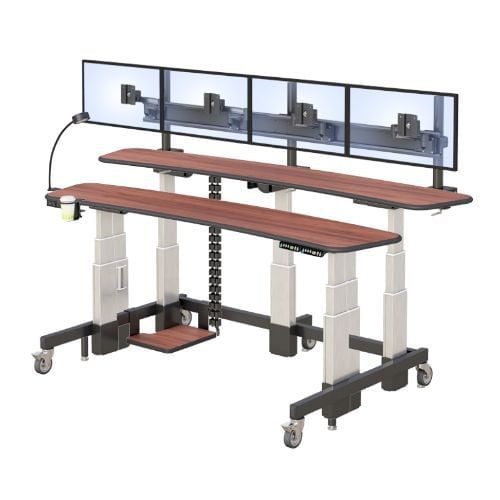
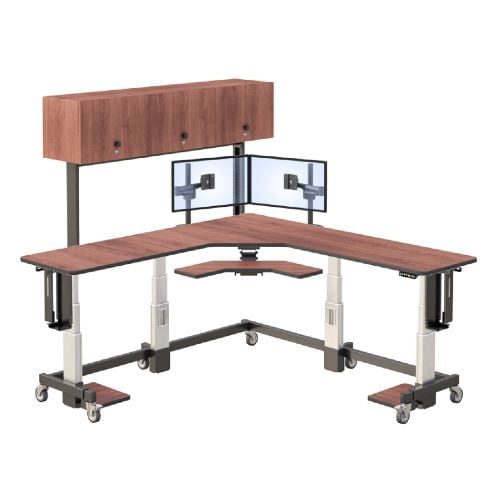
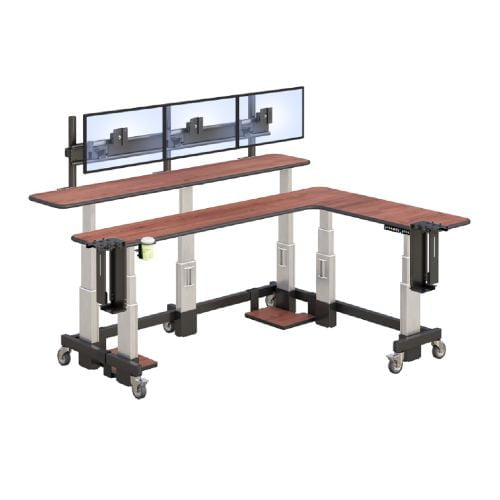
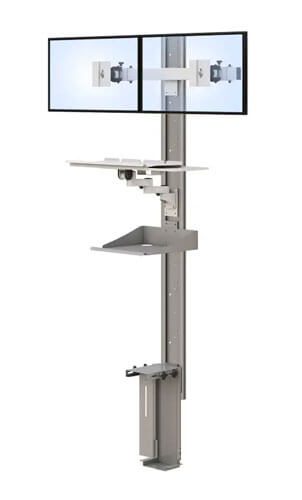
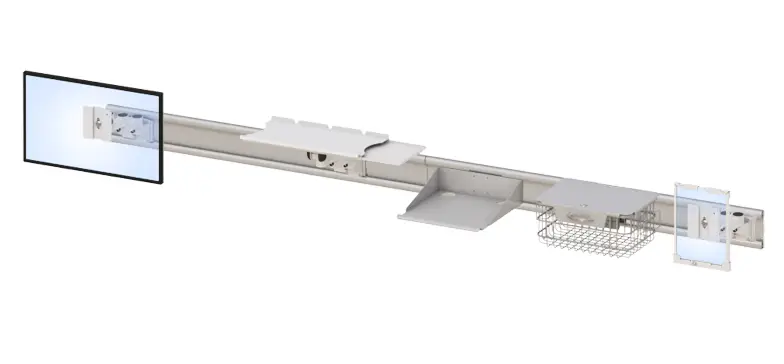
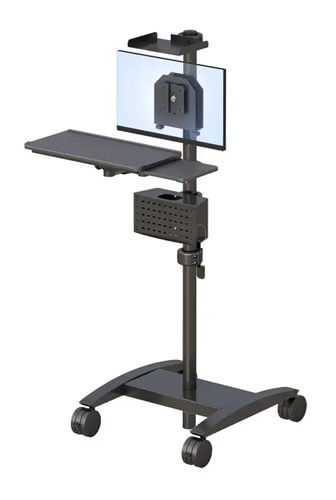
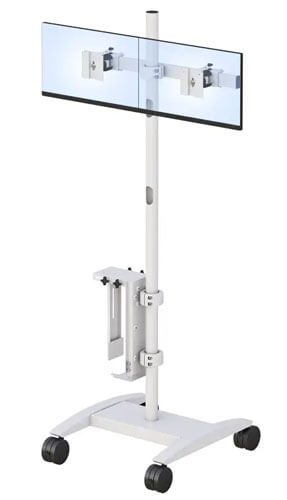
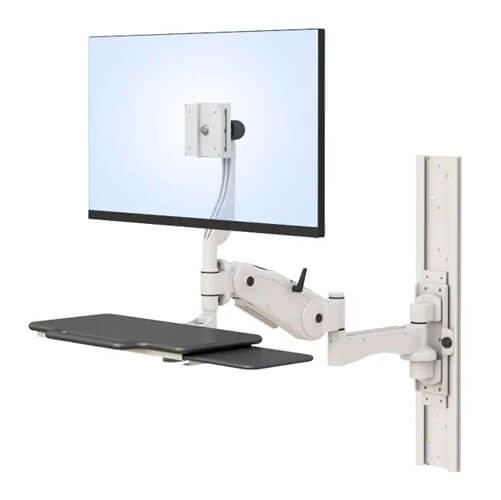
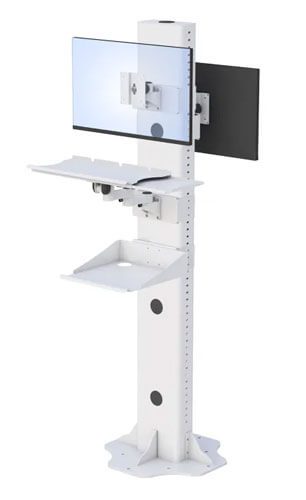
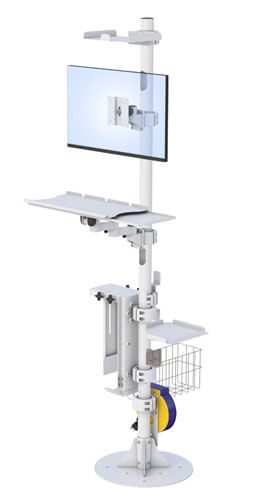
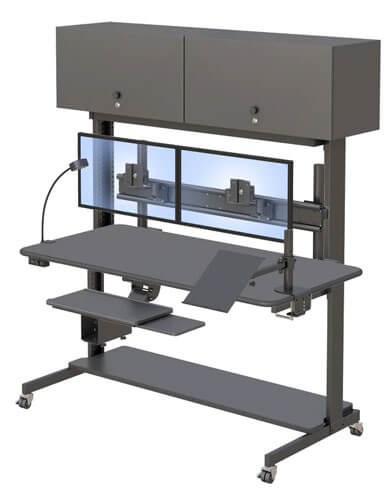
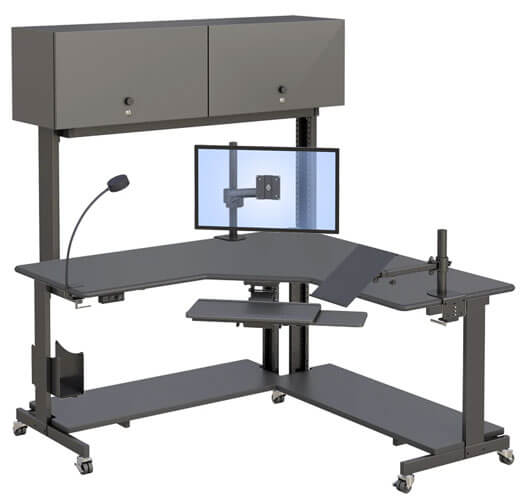
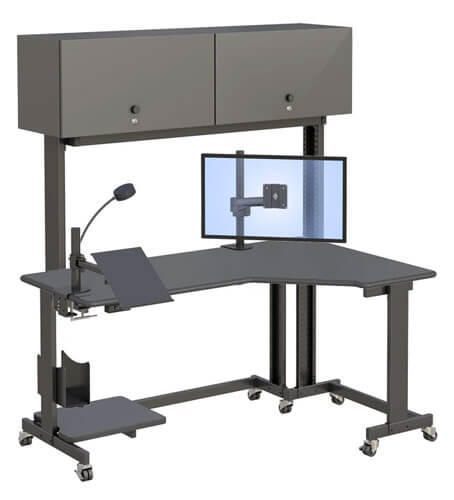
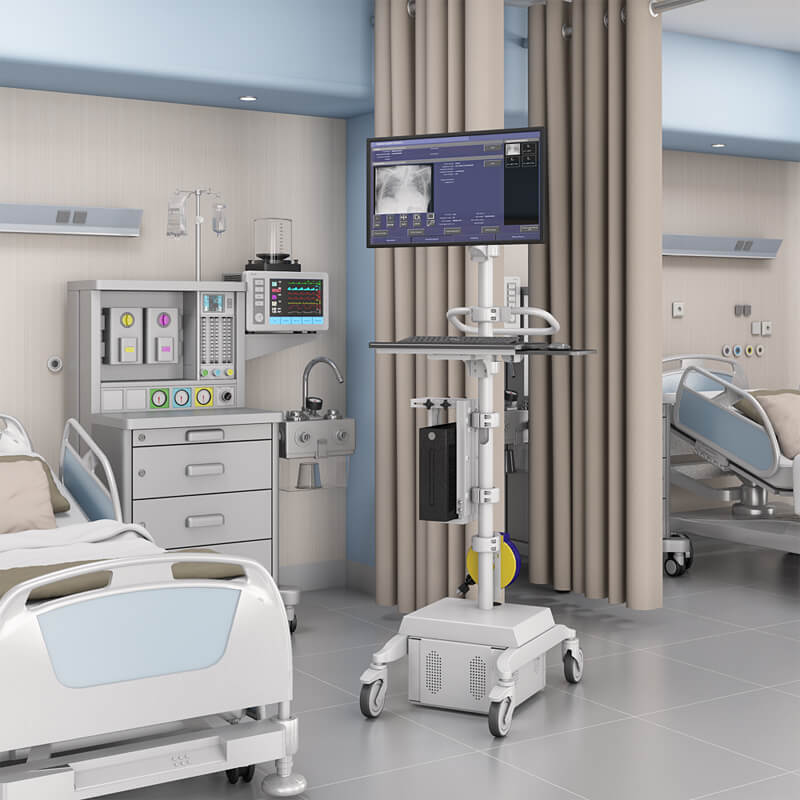 Mobility and Flexibility:
Mobility and Flexibility: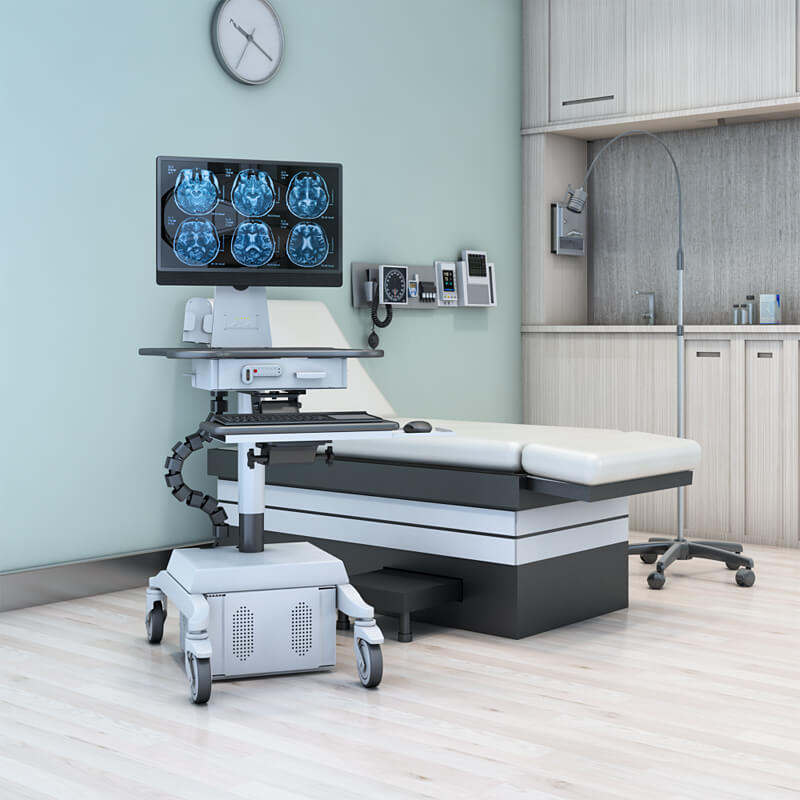 Power Backup and Uninterrupted Service:
Power Backup and Uninterrupted Service: